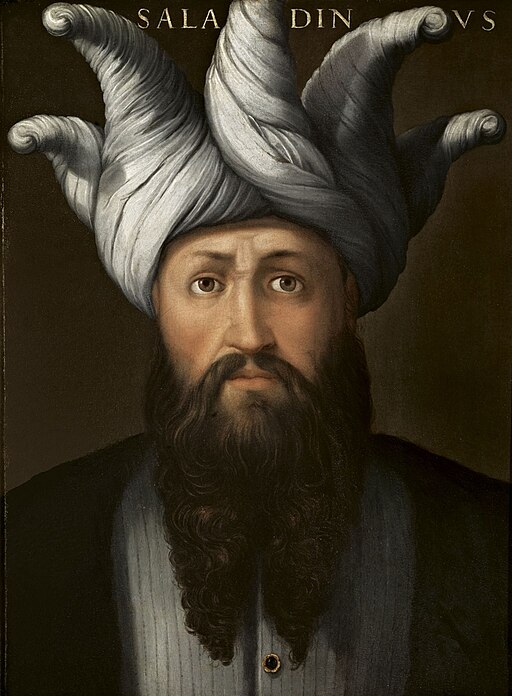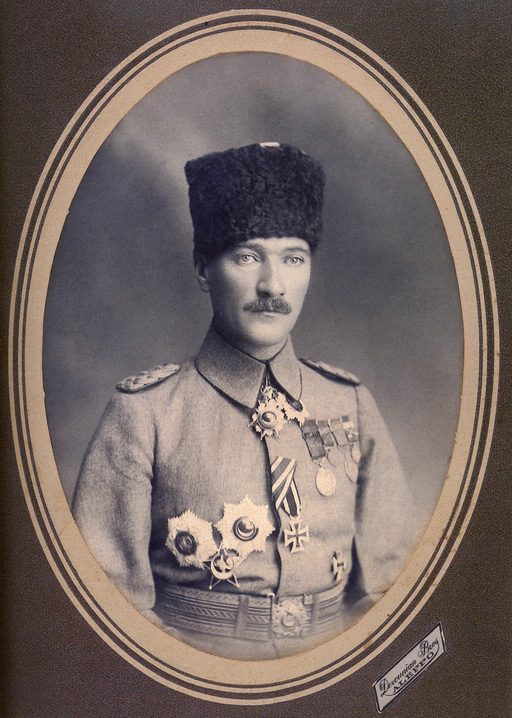The bizarre insistence by many in the American establishment, both Democratic and Republican, on America’s intervention to safeguard the Kurds’ existence or to secure for them an autonomous or even independent polity in the Middle East is a true sign that American globalism has gone supernova. This is its final flash of insanity before it collapses on itself and lives forever as a cold ember in the oak-paneled parlors of Washington DC “think tanks” and Hamptons fundraisers. There can be no conceivable interest for the US to intervene on behalf of the Kurds in any way, shape, or form. An ethnic group whose ancestral homelands include southeastern Turkey, northern Syria, and western Iraq, as well as a few other countries, the Kurds are Muslims who have never had their own country, not the least because the concept of nation states did not exist in the Muslim world until it was introduced by the colonial powers of Britain and France in the aftermath of the first and second world wars. Kurds have always been great warriors, as attested by the most famous Kurd who has ever lived, Salah a-Din. This particular Kurd, far from being discriminated against by the majority Arab world in which he resided, lorded over much of it. In the late 12th century, his dominions extended from Egypt to Syria through much of Iraq and parts of the Arabian Peninsula. His powerful position allowed him to raise an army that defeated the European crusaders and reestablished Muslim rule in Jerusalem, a feat for which he has acquired legendary status in the Muslim and Arab communities worldwide.
The Hi-Tech Traditionalist: Trump’s Mid-East Drawdown Is The First Step To Avoid WWIII

The Kurdish problem, if it even exists, is the product of European, not American colonial adventurism in the Middle East. Having exploited it for oil and other resources in the fin du ciecle period of the 19th century and the pre-WWII period of the 20th, European powers found themselves in full retreat from their colonial possessions in the aftermath of their near (for Britain) or total (for France) defeat at the hands of the Germans in World War II. Much of the mess that is today’s Middle East is a direct result of the hastily drawn borders for never before heard of countries such as Lebanon, Syria, Iraq, Saudi Arabia and more. This forced tribal societies that were loosely affiliated in the political sense to the pan-global Muslim Ummah (nation) and its leader the Khalifa (Prophet Mohammed’s replacement on earth) to think of themselves as Syrian, Iraqi, or Lebanese, in other words, belonging to a nationality other than Muslim. The 1924 abdication of the Abdelmajid II, the last Khalifa and the last Ottoman Sultan made this political switch even more painful.
It was this imposition, deus ex machina, of a nation state structure upon a deeply tribal society bound more than anything by fierce tribal loyalty and religious affiliation that created the Kurdish problem. Simply put, the British didn’t bother carving out a nation state for the Kurds when they beat a hasty retreat from the region in the late 1940’s. The reasons for this are many. Kemal Ataturk managed to save, from the ashes of its WWI defeat, the nation state of Turkey with well-defined borders that still exist today and which captured within them a large number of Kurds. The British had a long-lasting love affair with Arabs, the whole Lawrence of Arabia thing, and did not see the Turkic-language speaking Kurds as partners in their new post-colonial Middle East project. But the biggest reason was much simpler: the Kurds were unprepared for statehood. They had formed none of the institutions that a new state requires and none of the political unity among their own people that is required to form an independent polity in a hostile and volatile region.

I neglected to mention Israel in the list of newly formed Middle Eastern nations and it is now time to explain this purported omission. One reason for it was that unlike the newly formed Arab states, Jews did in fact enjoy political independence in the land between the River Jordan and the Mediterranean Sea and the creation of the state of Isreal was simply a reestablishment of this ancient polity. But there is another, much more practical and modern reason. The Jews have been hard at work in establishing their statehood in the Land of Israel for three quarters of a century before the British had to relinquish their mandate of it back to the United Nations. In this period of time, the modern nation of Israel was forged in a crucible of fire. With iron will and boundless determination, Israelis revived their ancient language, reestablished agriculture in a land that lay fallow for millennia, created a powerful self-defense force, and established all the institutions that are required for a modern nation state. It was this work, this multi-generational sacrifice that allowed the Jews in Isreal to declare independence on the last day of the British Mandate. Israel, unlike the Arab countries around it, was not created by colonial decree; it was created by the will of its indigenous people INSPITE of the wishes of its colonial master, Great Britain.
Disturbing Questions About The US Sudden Syria Withdrawal
The Kurds have done none of this and are still not doing it today, though the American destruction of Iraq allowed them to establish in its northern regions a functioning autonomy. The Kurds as a nation have no unified government that can make painful territorial concessions such as those continuously made, to this day, by consecutive Israeli governments. They have no legal, financial, administrative institutions in which all Kurds can have a measure of trust. They are fierce fighters, but they have no disciplined army that falls under legitimate civilian command. Israel was created not because of, but in spite of the will of the international community. Any recognition it has ever received from it, like the UN vote to recognize its creation, was acknowledgment of existing facts on the ground, nothing more. Any military assistance Israel has ever received, including from America, was paid for in the blood and treasure of Jews in Israel and in the Diaspora. The Israeli American alliance did not materialize until Israel has proved its worth as a close ally in the stunning victory it obtained in the Six Day War using WWII surplus weaponry from Europe and a few modern airplanes purchased for good money in France. The American airlift of materiel in the dark days of the Yom Kippur War, a war that could have been prevented had Nixon and Kissinger allowed Golda Meir to call up reserves, was the result not of Israel begging for mercy, but its threat to deploy nuclear weapons in the defense of its existence.
The one thing that Israel has never done, will never do, is to ask any foreign nation to fight for it. This comes from a deep understanding of how things really work in the world; independence can never be won or maintained by foreign blood and treasure; it is won solely by the sacrifice of those whose blood flows from the soil they are defending. The conflict between Kurds and their host nations of Turkey, Syria, and Iraq, is theirs to fight. Until and unless they prove otherwise, America has no interest in their survival, autonomy, or independence. If they fought against ISIS alongside America, it was because it was in their own interest; they were helped as much as they helped. If America finds it useful to maintain Kurdish pressure on Turkey, to keep the Kurdish autonomy alive in northern Iraq, or to keep the Kurds in Syria fighting the remaining elements of ISIS, then by all means, it can sell or even gift them the defensive and offensive weaponry necessary to accomplish these objectives. If America determines that the price of destabilization that surely comes along with such deliveries exceeds their usefulness, it has the full right to terminate them.
America has only two overriding responsibilities: act in its own interests and as a corollary to that avoid global destabilization by internationalizing regional conflicts such as the Kurdish fight for autonomy or independence. The globalists’ push for American intervention on behalf of the Kurds, which is nothing but an attempt to weaken America disguised as a humanitarian mission must be defeated. America first!

